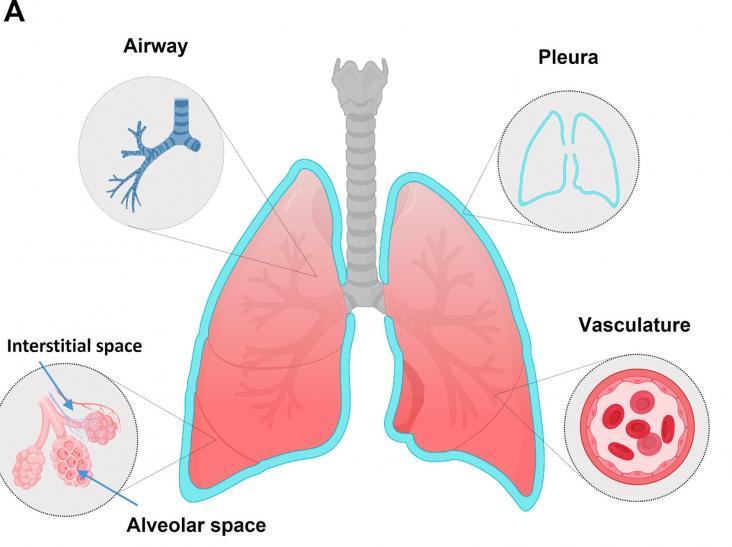Young adult hematopoietic cell transplantation (HCT) survivors have impaired health-related quality of life (HRQOL) compared with older adult survivors. Adolescents and YAs are at a developmental stage marked by rapid changes in cognitive, social, and emotional growth and historically have experienced a gap in services relating to their psychosocial needs. Findings confirm the hypothesis that self-efficacy would be pivotal to higher levels of mental function and lower distress.
This Viewpoint supports SDG 3 by outlining the progress of the Sehat Sahulat program (SSP), a social protection program and health insurance scheme, in Pakistan and the opportunities for improvement in the future, with a focus on whether the benefit package can better set the foundation towards universal health coverage in Pakistan.
This Article supports SDG 3 by examining the prevalence of occult HBV infection (HbSAg negative, HBV DNA positive) through a review including 305 studies. The prevalence was noted to be substantial in some populations (high-risk groups) and high-endemicity countries, necessitating improved access to HBV DNA testing.

The lung is a crucial immune organ continuously exposed to the external environment. Genetic defects that impair immune function, called inborn errors of immunity (IEI), often have lung disease as the initial and/or primary manifestation. Common types of lung disease seen in IEI include infectious complications and a diverse group of diffuse interstitial lung diseases.
Treatment with tenofovir disoproxil fumarate (TDF) was found to be effective in reducing the occurrence of liver cancer and disease progression in patients with chronic hepatitis B. The treatment also achieved significant viral suppression and improvement in liver fibrosis. This offers hope for individuals with chronic hepatitis B who are at risk of developing liver cancer.
Several studies of adult-onset multiple sclerosis (AOMS) patients have demonstrated that spinal cord volume loss is associated with disease progression and clinical disability; however, complementary studies of young patients with pediatric-onset multiple sclerosis (POMS) are lacking. In the context of SDG Goal 3, this retrospective study aimed to assess spinal cord volume in POMS patients compared with that in healthy controls.
People with any disabilities accounted for a quarter of total deaths. People with disabilities had higher average ages and poor economic conditions. All disability types presented higher mortality rates and lower life expectancy. The major causes of death differed according to the type of disability.
Recommends ways to maximise potential of autonomous vehicles to improve accessibility for disabled persons.
This Review supports Sustainable Development Goal 3 by summarising human studies on the association between brain and visceral white adipose tissue, and defines their interaction and underlying mechanisms on the basis of animal and cell studies.
This Personal View supports SDG 3 by explaining how plastic waste can facilitate the proliferation and propogation of infectious diseases, including arthropod-borne and water-borne diseases, among its other negative effects on the environment
